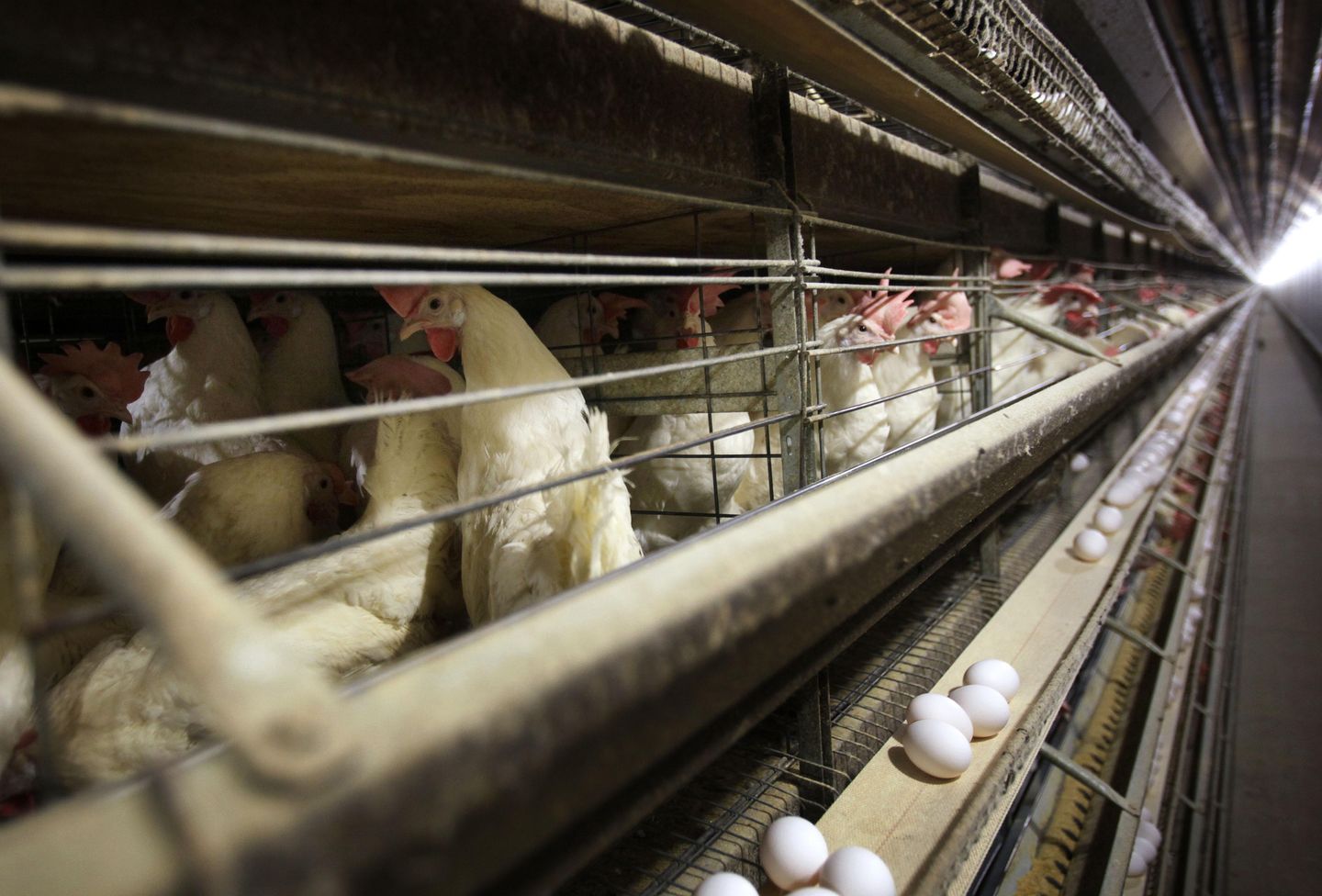The Colorado Department of Public Health and Environment made a concerning announcement on Friday, revealing that three presumptive positive cases of bird flu had been detected in poultry workers. This news has raised alarm bells within the agricultural community and sparked fears of a potential outbreak.
Bird flu, also known as avian influenza, is a highly contagious viral disease that primarily affects birds. However, it can also be transmitted to humans through close contact with infected birds or their droppings. The virus can cause a range of symptoms in humans, from mild respiratory issues to severe illness and even death in some cases.
The cases in Colorado have sent shockwaves through the local poultry industry, as workers and farmers scramble to contain the spread of the virus. The affected individuals have been placed in isolation and are receiving medical treatment, but the potential for further transmission remains a major concern.
Health officials are working diligently to trace the source of the infection and identify any other individuals who may have been exposed. This includes conducting thorough contact tracing and testing of other workers on the affected farms. Additionally, biosecurity measures have been implemented to prevent the virus from spreading further.
The discovery of bird flu in poultry workers has highlighted the importance of vigilance and preparedness in the agricultural sector. Farmers and workers are being urged to take extra precautions to protect themselves and their animals from potential infection. This includes practicing good hygiene, wearing protective gear, and monitoring the health of their flocks closely.
The outbreak has also raised questions about the safety of our food supply chain. While health officials have stressed that there is no evidence of the virus being transmitted through properly cooked poultry products, consumers are understandably concerned about the potential risks. The Department of Public Health and Environment is working closely with the USDA and other regulatory agencies to ensure that all necessary precautions are being taken to safeguard public health.
In response to the outbreak, the Colorado Department of Agriculture has issued guidelines for poultry producers to help prevent the spread of the virus. These include recommendations for enhanced biosecurity measures, regular testing of birds, and proper disposal of infected animals. Farmers are being urged to report any unusual symptoms or deaths in their flocks to the authorities immediately.
The bird flu outbreak in Colorado serves as a stark reminder of the ongoing threat posed by infectious diseases in the agricultural sector. While much progress has been made in recent years to improve biosecurity and surveillance measures, this incident underscores the need for continued vigilance and preparedness. Health officials are urging farmers, workers, and consumers to remain alert and take all necessary precautions to prevent the spread of the virus.
As the investigation into the outbreak continues, authorities are working tirelessly to contain the virus and prevent any further cases from emerging. The affected individuals are receiving the care they need, and efforts are underway to limit the impact on the local poultry industry. While the situation remains fluid, health officials are hopeful that with swift action and cooperation from all stakeholders, the outbreak can be brought under control.
In the meantime, the Colorado Department of Public Health and Environment is urging anyone who may have been in contact with poultry or poultry workers to monitor their health closely and seek medical attention if they develop any symptoms. By remaining vigilant and taking proactive measures, we can work together to protect public health and prevent the spread of bird flu in our communities.









